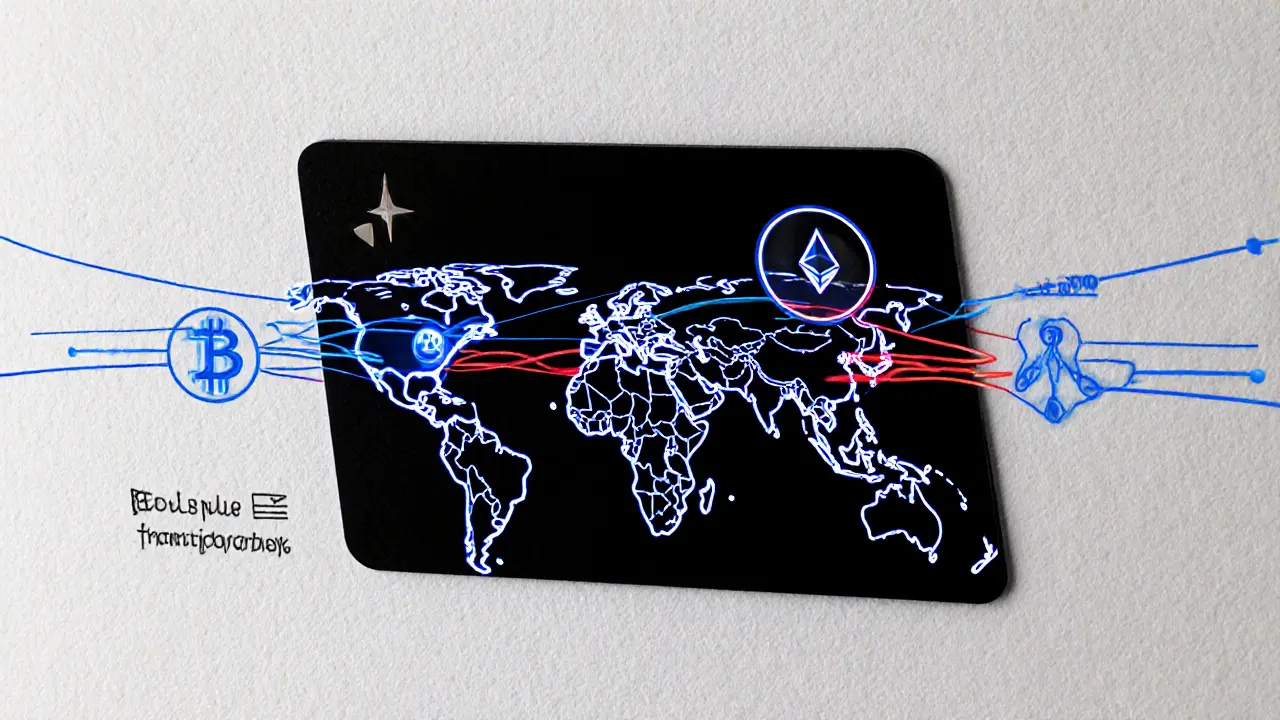Crypto Sanctions: What They Are, Who Enforces Them, and How They Impact Trading
When governments block crypto transactions, they’re using crypto sanctions, government-imposed restrictions on cryptocurrency use to stop money laundering, terrorism funding, or evasion of financial controls. Also known as cryptocurrency restrictions, these are not suggestions—they’re legal orders backed by fines, asset freezes, and criminal charges. Unlike traditional banking, crypto moves fast and crosses borders easily, which is why agencies like FinCEN, the U.S. Financial Crimes Enforcement Network that tracks digital asset flows and enforces anti-money laundering rules and the U.S. Treasury’s OFAC, the Office of Foreign Assets Control that names specific wallets, exchanges, and individuals tied to illegal activity have stepped in hard.
Crypto sanctions don’t just hit big players. They ripple down to everyday users. If you trade on an exchange that’s been blacklisted—like Serenity or MaskEX—you could find your funds frozen even if you had no idea they were violating rules. Some exchanges, like Asproex and WenX, openly advertise their FinCEN and FINTRAC licenses because they know compliance isn’t optional anymore. Meanwhile, hackers from the DPRK use cross-chain crypto laundering to shuffle stolen funds between blockchains, trying to hide from these very sanctions. That’s why tracking tools and blockchain analysis are now part of standard security checks, even for small traders.
It’s not just about stopping crime. Sanctions are reshaping where crypto can grow. China’s total ban on crypto trading, Hong Kong’s new Virtual Assets Ordinance, and the U.S. pushing FBAR reporting for foreign crypto accounts all show one thing: governments are no longer waiting. They’re building frameworks to control, monitor, and punish. This isn’t theoretical—it’s why NFTP’s fake Heco Chain airdrop got shut down, why Negocie Coins vanished, and why YAE Cryptonovae’s supposed airdrop is a red flag. If it looks too good to be true and isn’t on a regulated platform, it’s probably violating sanctions or hiding from them.
What you’ll find below are real reviews and deep dives into exchanges, scams, and regulations that show how crypto sanctions play out in practice. No theory. No fluff. Just what’s happening on the ground—for traders, for exchanges, and for anyone holding digital assets today.

How International Authorities Are Monitoring Cross-Border Crypto Transactions
International authorities are enforcing strict cross-border crypto monitoring to stop crime and sanctions evasion. Learn how the Travel Rule, FATF standards, and global cooperation are shaping crypto compliance in 2025.
